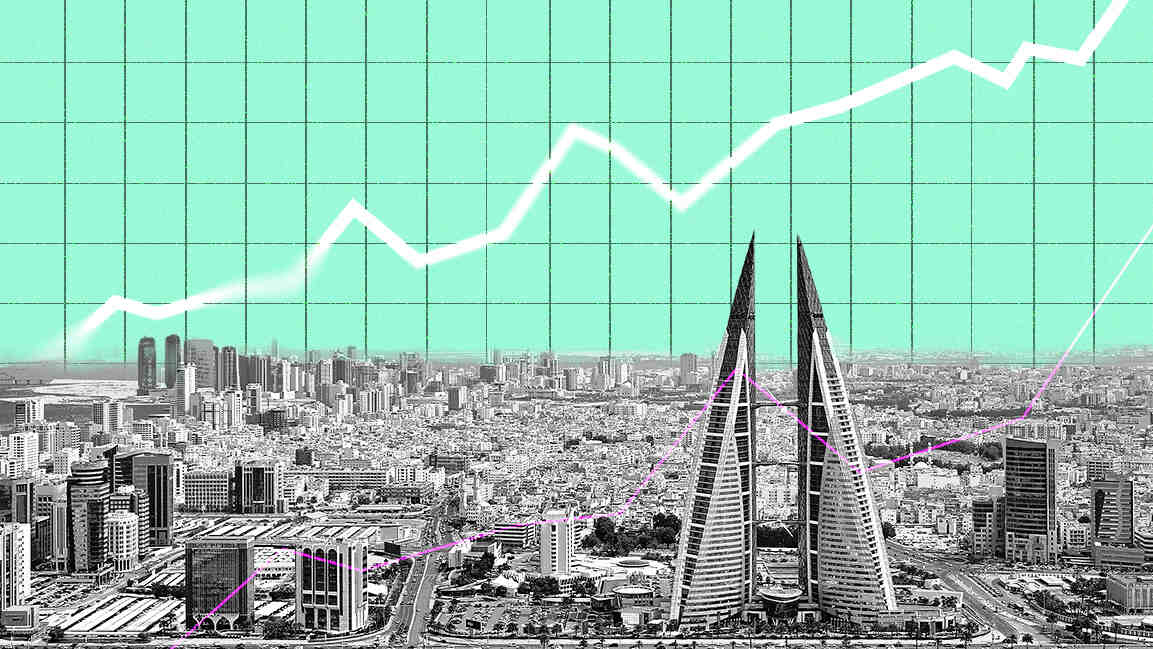- | 2:00 pm
Bahrain posts robust Q1 growth on non-oil gains and investment surge
Bahrain's economy strengthens in Q1 2025, driven by non-oil growth, rising investment, and steady inflation amid regional momentum.

As Gulf economies continue to shift away from oil dependency, Bahrain is showing steady progress in its economic diversification efforts. In the first quarter of 2025, the kingdom recorded a 2.7% year-on-year increase in real GDP, supported primarily by growth in non-oil sectors, according to official government data.
The Ministry of Finance and National Economy, in its quarterly report, highlighted the resilience of the non-oil economy and rising levels of foreign investment as key drivers of this growth.
Preliminary figures from the Information and eGovernment Authority revealed a 5.3% increase in the oil sector during the same period. In nominal terms, GDP rose by 3%, with non-oil and oil sectors growing by 2.8% and 4.6%, respectively. The non-oil economy continued to dominate, contributing 84.8% to real GDP.
Bahrain’s performance reflects broader regional trends. Saudi Arabia, for example, recorded 3.4% GDP growth in Q1, driven by non-oil activity. This aligns with the World Bank’s forecast of 3.2% GCC-wide growth in 2025 and 4.5% in 2026.
“Bahrain has continued to make notable progress across several international economic and development benchmarks, reflecting the kingdom’s commitment to economic diversification, global standards, and enhancing its business environment through the adoption and implementation of a number of ambitious strategies and initiatives,” the ministry said in a statement.
Accommodation and food services led all sectors with 10.3% growth, followed by financial and insurance activities at 7.5%. Construction (5.4%), education (2.5%), and professional services (2.2%) also saw gains. Manufacturing declined slightly by 0.4%.
Foreign direct investment rose 3.5% to $45.3 billion, signaling sustained global investor confidence.
“The headline CPI remained relatively stable,” the report noted, citing just a 0.1% year-on-year increase. “This reflects the government of Bahrain’s proactive efforts to mitigate global supply chain disruptions.”
The monetary base also expanded 19.2% to $16.17 billion, driven by lower interest rates that encouraged borrowing and investment. “This increase coincided with lower interest rates, which encouraged borrowing and investment, thereby supporting economic activity,” the report said.































